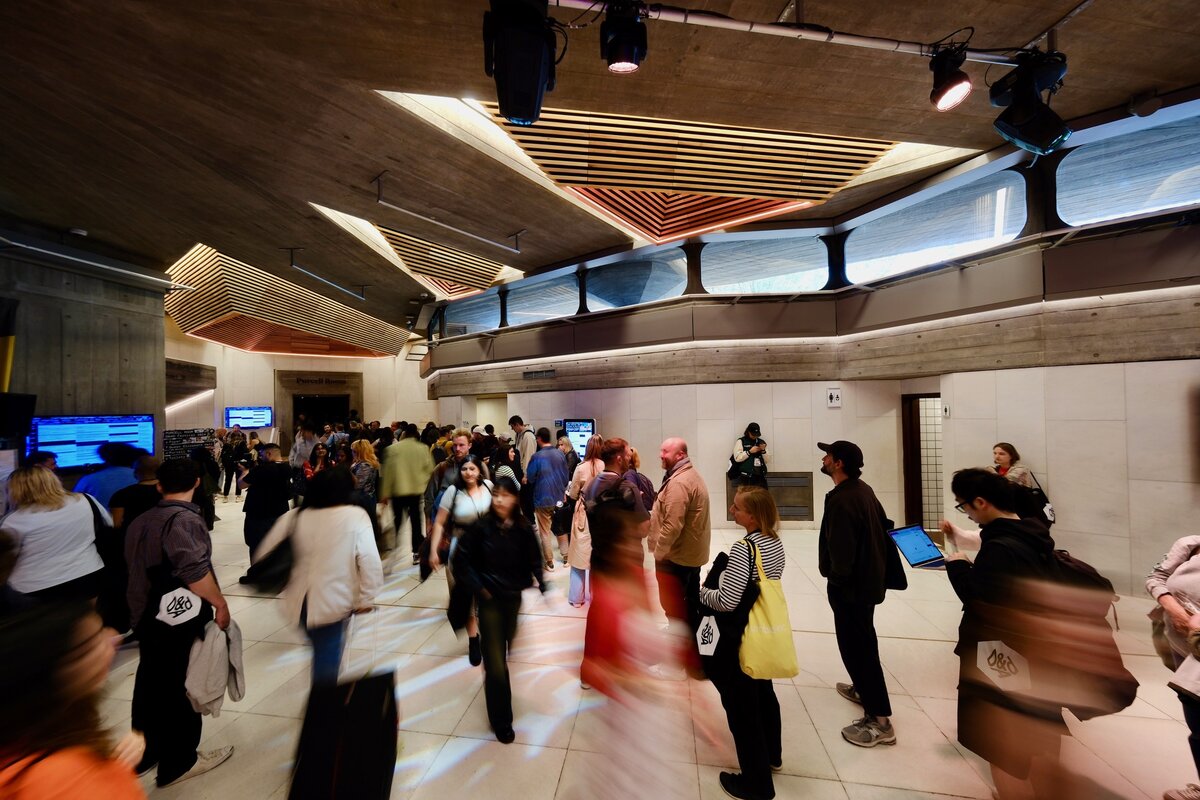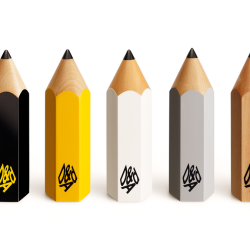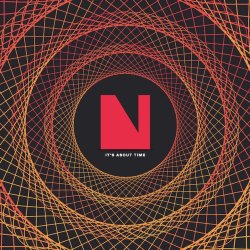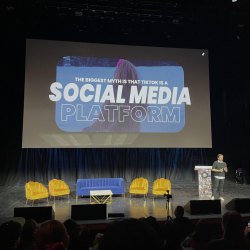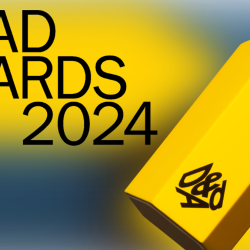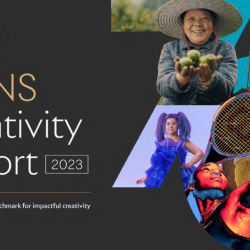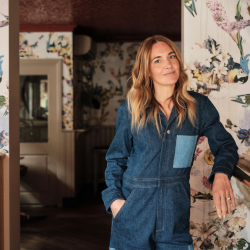This week, I had the pleasure of attending the D&AD Festival on 21 May at Southbank Centre in London. From the moment I stepped into the venue, I already knew that the day would leave me feeling inspired. In contrast with the gloomy London weather outside, the venue was buzzing with colour and excitement; there was a DJ playing music, artists from Global Street Art painting live in front of attendees, a virtual reality meditation experience, and so much more.
D&AD’s CEO Jo Jackson opened the day with a short introduction to the D&AD and its work, sharing that they are committed to ‘celebrating creative excellence around the world’. With speakers from brands such as Google DeepMind, TikTok, Adobe, Impossible Foods, BUCK, Bakken & Baeck, XK Studio, and others, this commitment was certainly well demonstrated.
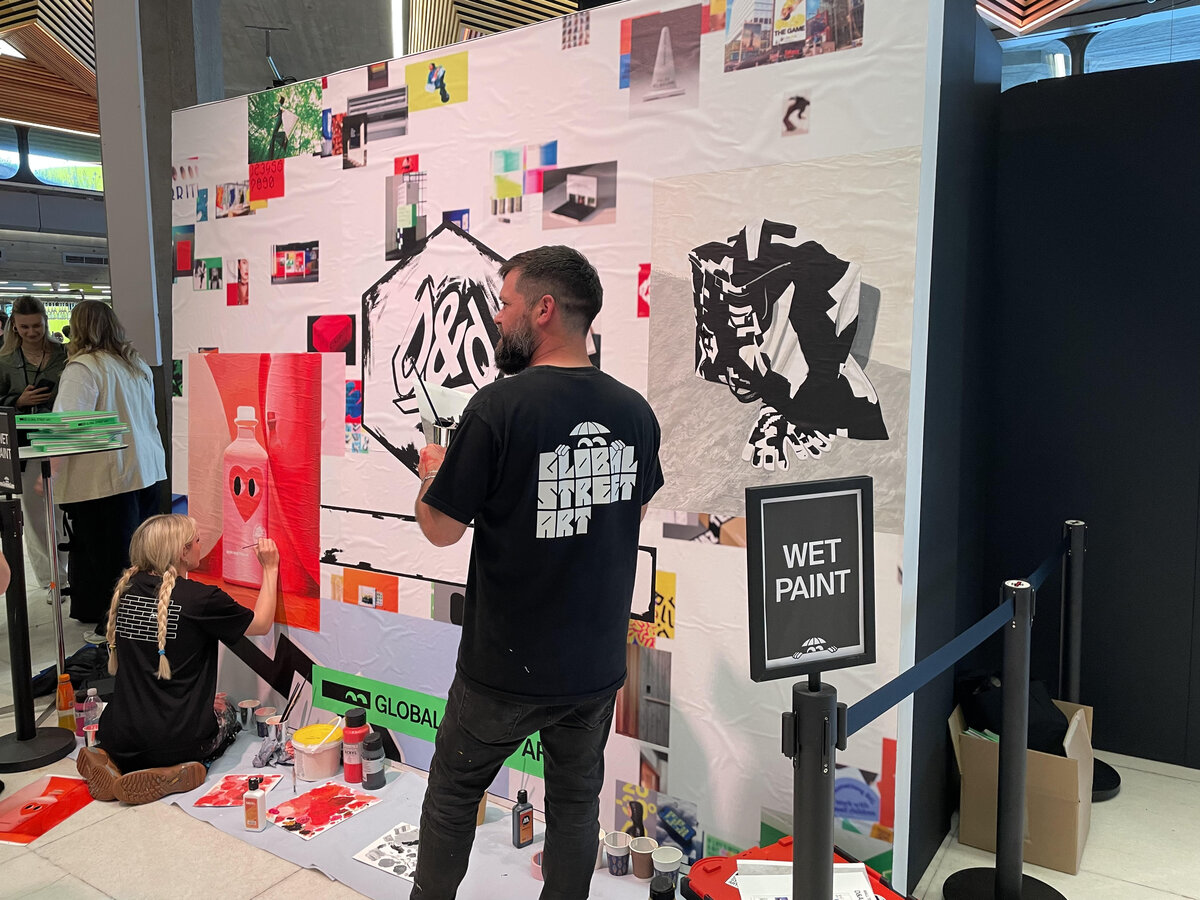
The power of branding
One of the first presentations of the day was held by Lisa Smith, Global Executive Creative Director at Jones Knowles Ritchie, and Leslie Sims, Chief Marketing and Creative Officer at Impossible Foods. Together, they shared how they used the power of branding to convince meat eaters to switch to Impossible Foods’ plant-based products.
They explained that the agriculture industry has a bigger impact on the climate than the entire transportation sector. For this reason, Impossible Foods is on a mission to put this industry out of business, targeting meat lovers. To tap into this market, the brand moved away from green-washed to ‘meat red’ packing and chose typography inspired by butcher signs. In addition, they changed the names of their products, emphasising the meat first (e.g., beef made from plants instead of plant-based beef).
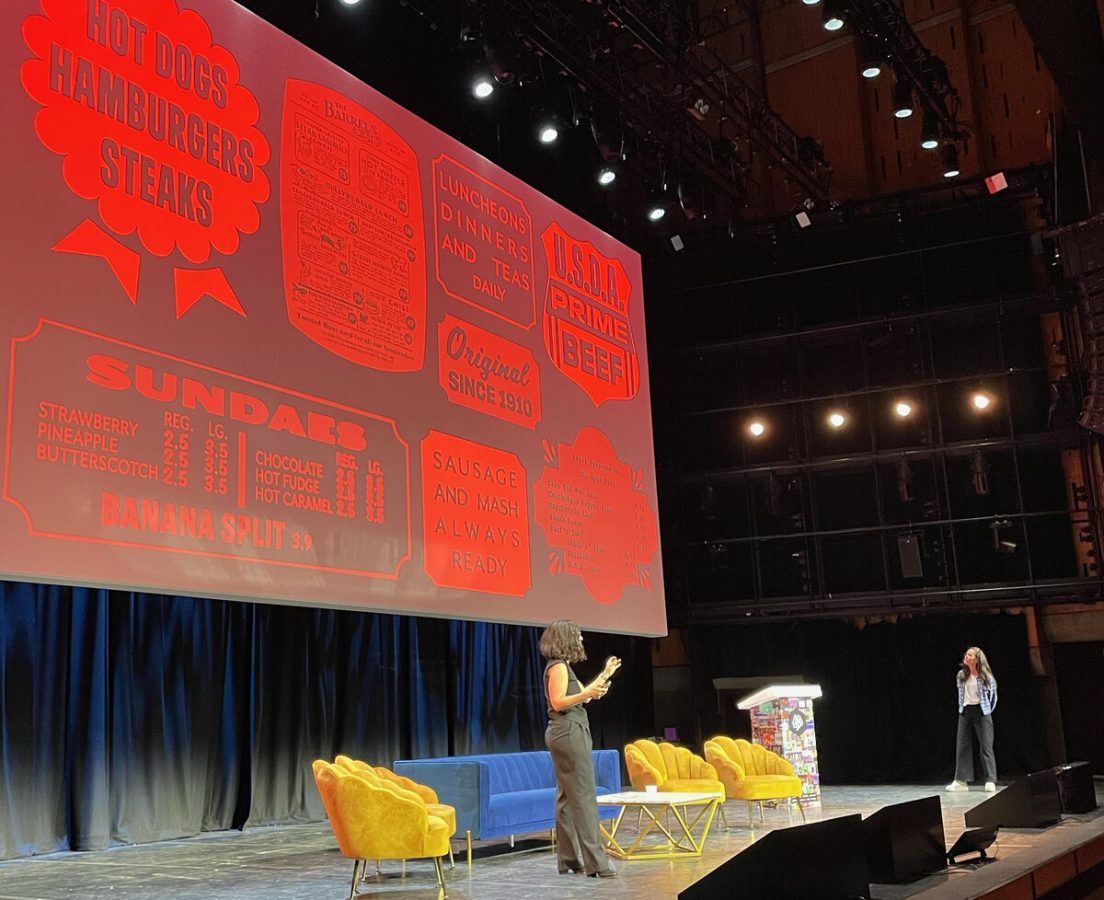
As a result of this rebrand, meat eaters now account for a whopping 90% of Impossible Foods’ customers. Concluding their presentation, the speakers stressed that design is not decoration but a tool that can transform a brand and help solve business problems.
Responsibility around AI representations
Another notable session was a panel discussion featuring creatives from Google DeepMind, XK Studio, Bakken & Baeck, and BUCK. The panellists spoke about the way Artificial Intelligence is visualised and the consequences of its representation. Amelie Dinh, Head of Contextual Research at Bakken & Baeck, suggested that ‘AI comes preloaded with narratives’, referring to the man versus machine stories in which robots overtake mankind.
The futuristic representations of AI were also critiqued, with the panellists explaining that they are cliched and feed into the feelings of opposition. Gaby Pearl, Staff Visual Designer at Google DeepMind, highlighted the importance of design and the responsibility of creatives:
We would like to see creatives contemplate representation more and understand the responsibility they have in shaping people’s views and understanding of AI.
TikTok trends
AI is not the only technology disrupting the industry today. In a presentation titled ‘GRWM to change advertising forever’, TikTok’s Head of Global Creative Lab Karl Haddad revealed how the platform has transformed marketing as we know it. Showing how the platform has evolved from 2018 to the present, Haddad said that the biggest myth is that TikTok is a social media platform. Explaining that it is an entertainment platform, he said: ‘You don’t check TikTok, you watch TikTok’.
Since TikTok has now made it possible for everyone to be a creator, the traditional advertising model has changed. In an interview we conducted on the day, Haddad told MediaCat Magazine:
Right now, culture is no longer manufactured from top to bottom. When you think about it in the past, in traditional advertising, you used to have the brand or the agency creating content. They send it to TV or social and work with influencers after to reach the community. Right now, culture is powered by the community. So, when you think about this communication cycle, it’s not linear anymore. You have the community and the brand and the creator. And what’s happening in the culture, they’re all building on each other’s ideas to create content.
When asked what advice he would give brands, Haddad said: ‘Think as a marketer, and act as a creator’.
Featured image: D&AD




















